The effects of Hurricane Harvey initially drove road fuel markets higher in North West Europe after it hit the US Gulf coast on August 25, but only diesel remains tight. Diesel prices have risen from a discount to a premium to gasoline, which has widened the usual UK retail premium of diesel with biofuel to petrol. Much of the refining capacity closed by Harvey reopened, but throughput in the US Gulf was still 1.1mn b/d below pre-Harvey August levels in late September.
Expectations of a wave of European gasoline cargoes needed in the US initially drove North West European gasoline crack spreads to almost $22/bl, their widest since the summer of 2015.
But the US suffered more devastation two weeks later, this time from storm Irma, mainly in Florida. Evacuation efforts initially caused a local gasoline demand spike, but the damage in the aftermath muted consumption and US demand dropped by 178,000b/d in the week after Irma hit. With US suppliers drawing down stocks, lower demand for European supply has shrunk the crack spread on this side of the Atlantic to below $10/bl.
In contrast, diesel crack spreads have widened further, reaching $16.50/bl at the end of the month, more than $3.50/bl wider than in August before the hurricane. Not only has permanently short Europe had to find alternative sources to replace lost US supply, but European supplies have been replacing missing US flows to Latin America.
The need to destock in Europe to meet this extra demand flipped gasoil futures into backwardation in late August.
Rising underlying demand is intensifying the effects of the disruptions. Diesel demand in Europe was 2% higher in the first half of the year than a year earlier.
The IEA recently increased its estimate for global oil demand growth this year by 100,000b/d to 1.6m b/d. With rising demand and continued production restraint by producers, the market is firmly in rebalancing mode. Brent futures are now backwardated, encouraging stocks to be drawn further. No wonder Brent has risen above $57.50/bl for the first time since July 2015.


















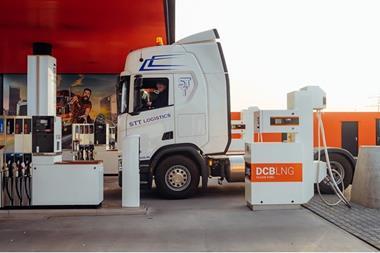
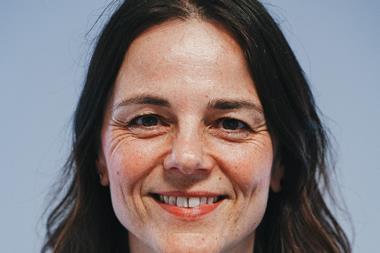

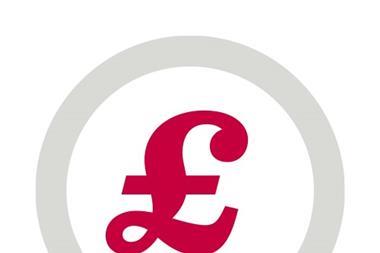

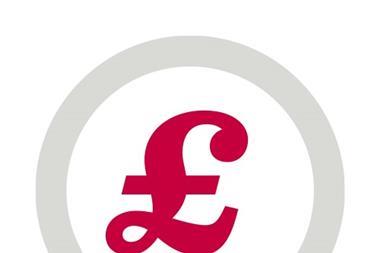

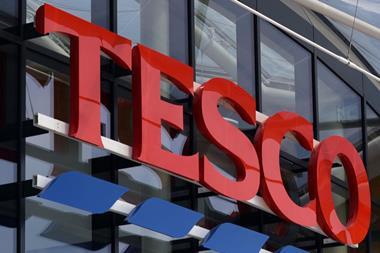




No comments yet